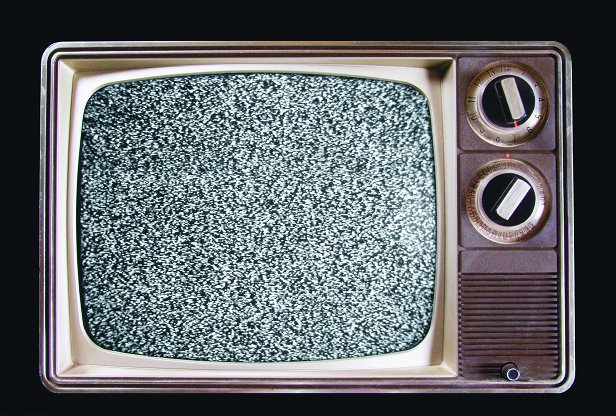Some quick research tells me that there are about 1,800 broadcast channels in the USA. Of those, two companies own close to 500, or 28%. The weird thing is, they’re not even the two companies you’d expect. You probably wouldn’t be surprised if I told you that ABC/Disney, NBC/Comcast, CBS/Paramount, or Fox owned that many stations. But they don’t and they never have.
A little history
Broadcasting of one form or another has been with us for about 100 years. For most of that time, the FCC had strict rules as to how many TV stations can be owned and operated by one company. Until the very end of the century, a media company could not own more than five stations, period. Specifc rules enacted in 1975 stopped those companies from also owning newspapers, or operating two stations in the same market.
Most of those rules changed between 1999 and 2003. There is a wave of government deregulation that continues almost unabated since the 1980s. The rules today state that a company may own newspapers, studios, production companies, and internet companies as much as they want. Also, they may own as many stations as they want, with only two caveats. One company may not reach more than 39% of the population, and may not own the top two rated stations in any market.
Do Sinclair and Nexstar fit in those rules?
I mean, they have to, I suppose. I would expect that if they didn’t, someone would notice. But I have to also imagine that there’s some sort of weighting going on. The New York and Los Angeles metropolitan areas alone account for roughly 13% of the population, so if you own stations there, you’re well on your way to that 39% cap. As I said though, someone somewhere is keeping track of all of this and clearly these companies are below that level.
Regardless, it’s clear that both Sinclair and Nexstar control a rather large proportion of the broadcast landscape. When you look at something like DIRECTV’s recent blackout of Nexstar stations, it becomes really obvious how many people are affected. When their content disappears, it’s pretty big news.
These mega-station owners clearly control a lot of the TV that you see. The only question is, whether or not that’s a problem.
We’re not getting political here
A big discussion can be had as to whether or not companies should be allowed to have that big of slice of the media pie. Another discussion can be had as to whether these companies really control much of your total media exposure anyway, since you have the entire internet at your disposal.
Well, folks, I’m not going to answer that question here. You’re willing to comment with your opinions as long as they are respectful. I’ll merely say that there really isn’t a problem with this sort of media ownership as long as everyone involved is reasonable and doesn’t try to take unfair advantage of the situation. Are they taking unfair advantage? That’s not for me to say.
Legally, these companies are operating within their rights. They’re within their rights to provide opinion programming. They certainly may own as many stations as they do. Big station owners can even demand that pay-TV companies stop carrying their stations if there’s no current contract. That’s all I’m going to say about that.




